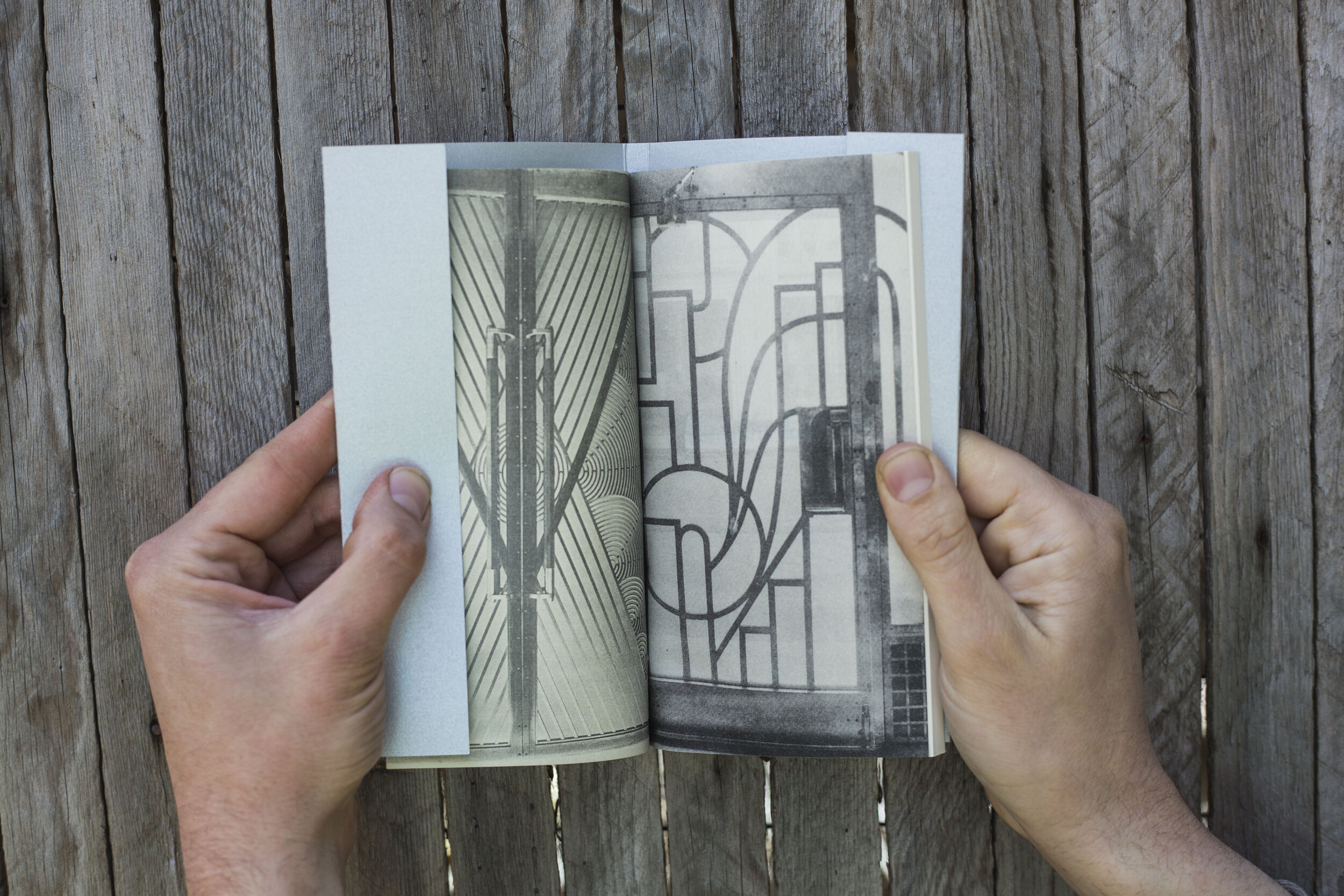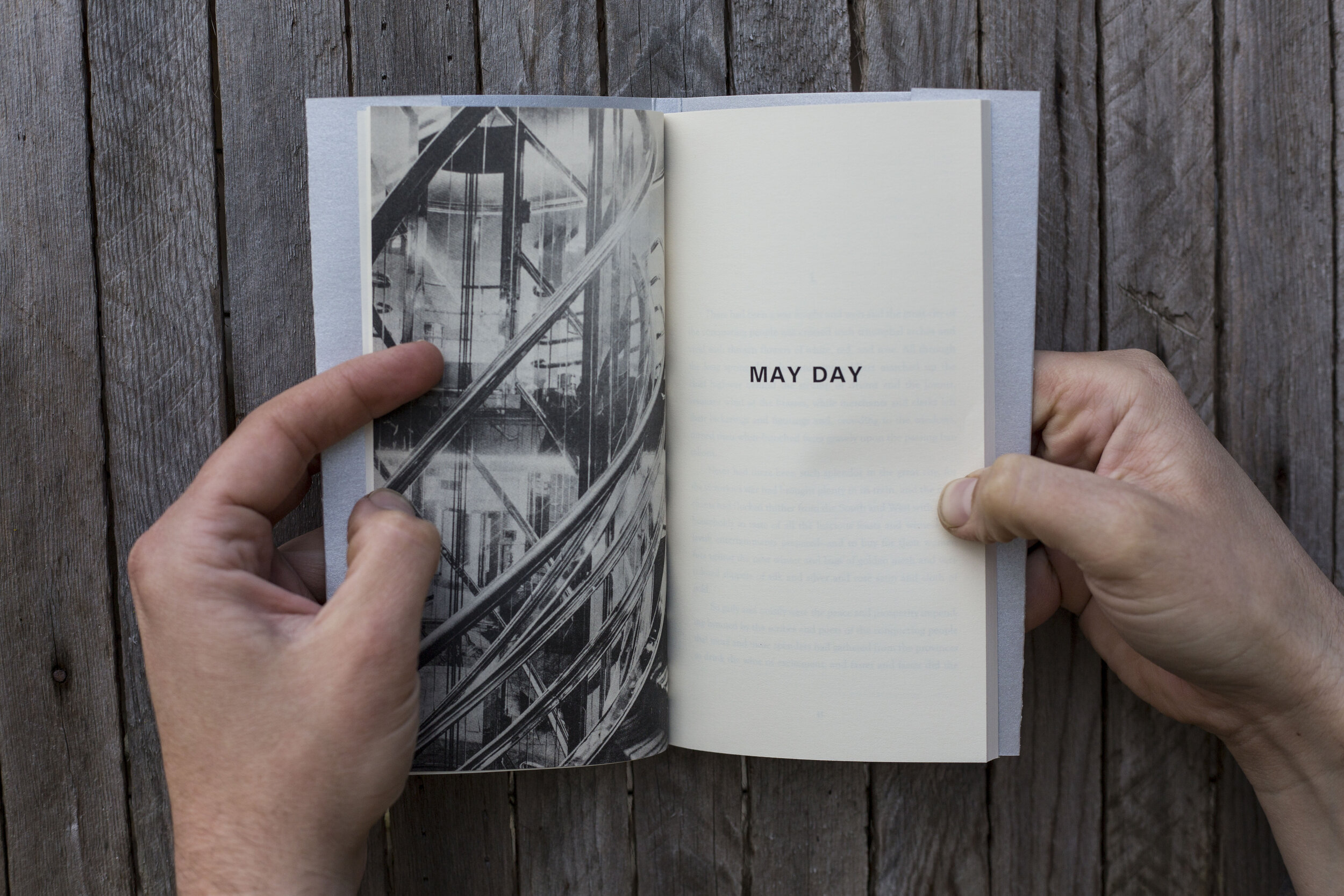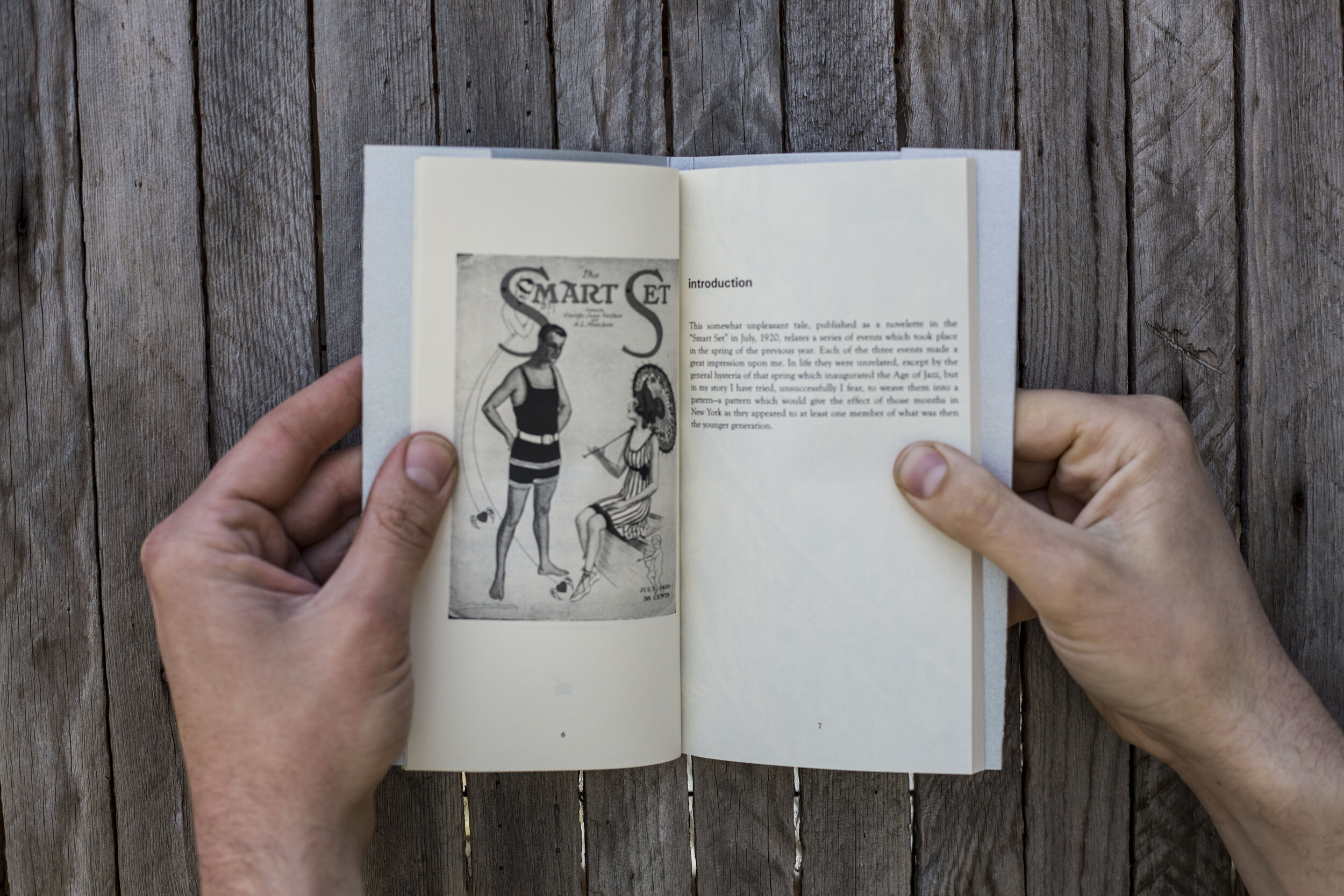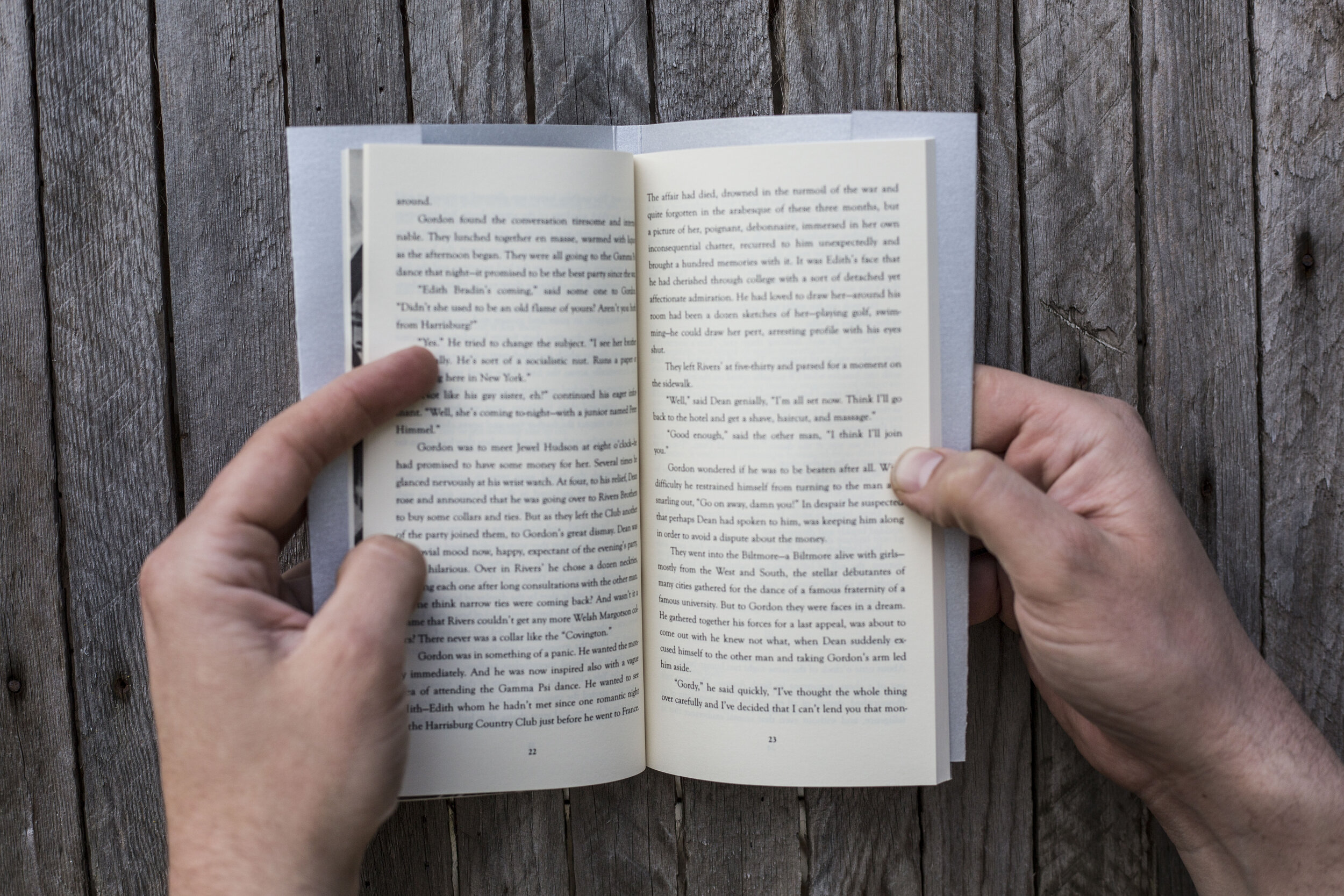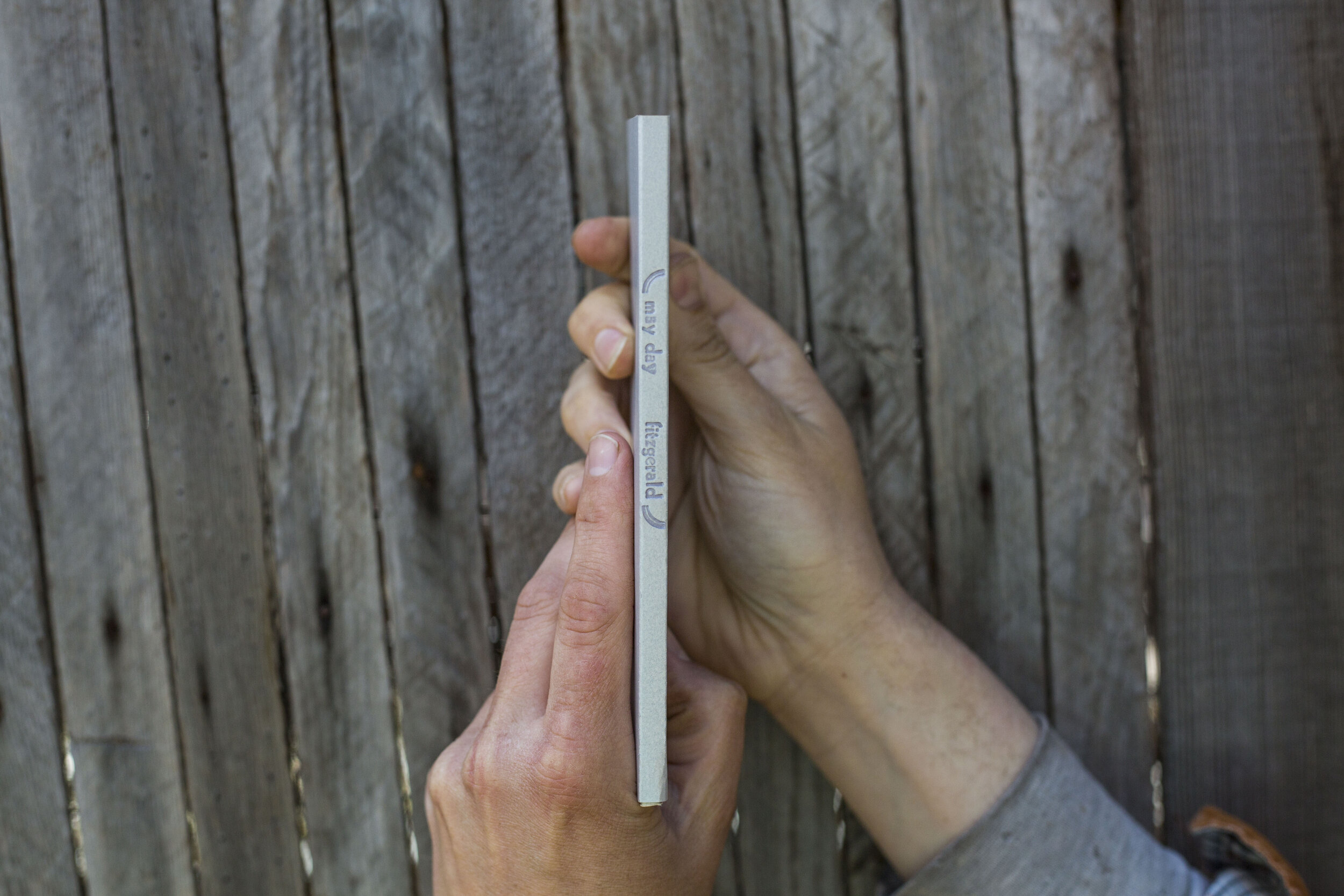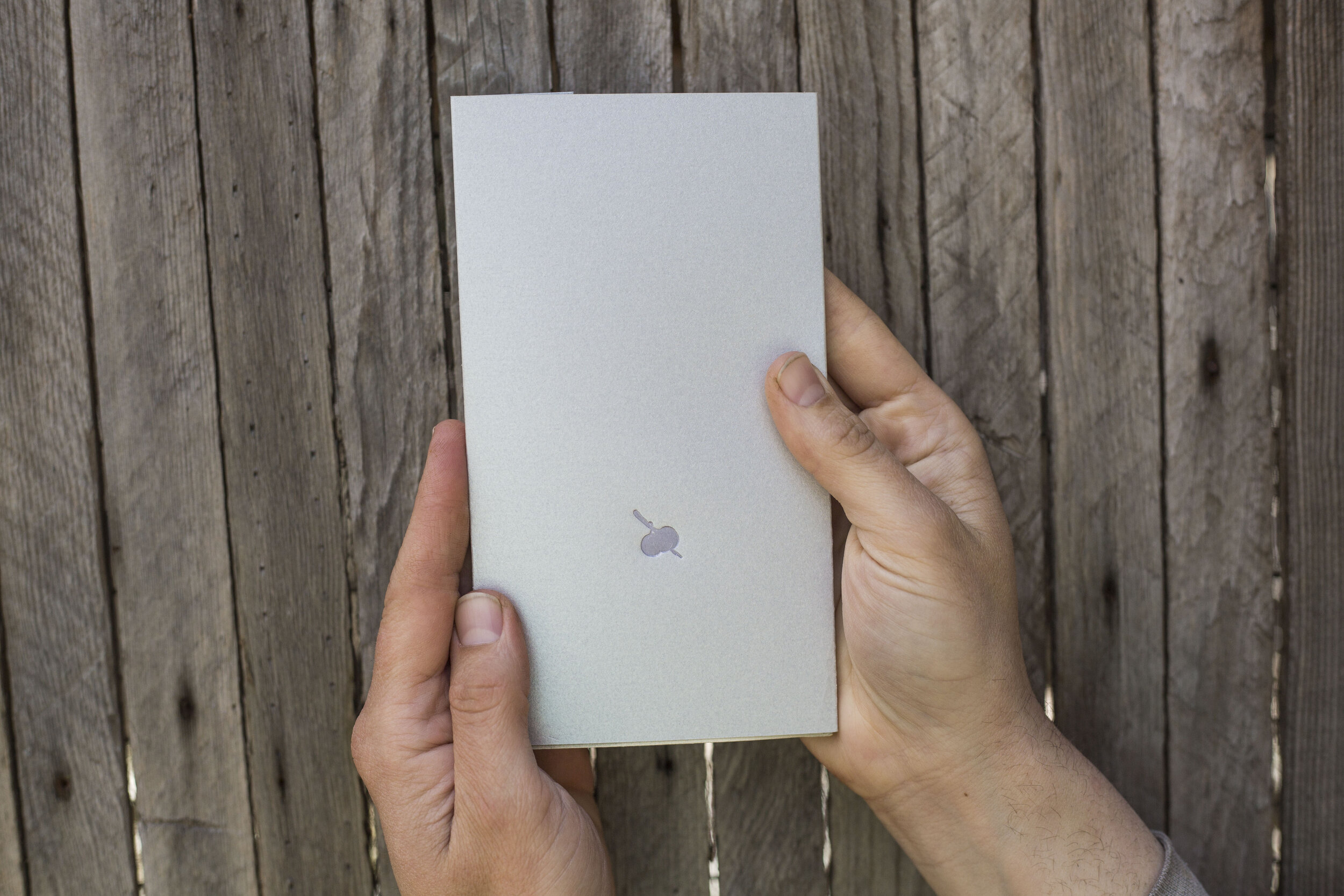MAY DAY – F. Scott Fitzgerald


MAY DAY – F. Scott Fitzgerald
MAY DAY
by F. Scott Fitzgerald
(036)
When I was 23, I wrote a song that opened with the following only slightly tongue in cheek lines:
You can tell you can tell just by looking at me
That I’ve read all of Fitzgerald
Every novel, every story, every essay, every letter
There’s just just just just no one better
Ha! Well, what I’m interested in now is bringing you this under-celebrated novella from 1920. It has long been my favorite random work of Fitzgerald’s. It is said to be inspired by historical events (and long nights) Fitzgerald experienced himself during his early days after college in New York City.
In May Day, a full day unfolds in with exquisite pacing– there is romance, there is despair, there is wealth, there is poverty, there is political turmoil, there is prejudice, there is beauty, there is ugliness. As such, it feels incredibly raw and *real* for a stylized story written over 100 years ago.
This edition features a sparkling silver dust jacket with lilac colored ink, art deco endpapers, and a reproduction of The Smart Set magazine’s cover from the month when it first appeared.
20s / 20s
20s / 20s is a series of classic slim volume works, published by Two Plum Press in the 2020s. Works featured in the series were originally published in the 1920s and have newly entered the public domain. 20s / 20s is an opportunity for the press to share favorite works by favorite authors of the past, and to uncover lost classics along the way. Placing these works side by side with the press’s contemporary titles is an intentional way to glance back 100 years and to feel the enduring magic of the small book.
(excerpt– the opening segment)
I.
There had been a war fought and won and the great city of the conquering people was crossed with triumphal arches and vivid with thrown flowers of white, red, and rose. All through the long spring days the returning soldiers marched up the chief highway behind the strump of drums and the joyous, resonant wind of the brasses, while merchants and clerks left their bickerings and figurings and, crowding to the windows, turned their white-bunched faces gravely upon the passing battalions.
Never had there been such splendor in the great city, for the victorious war had brought plenty in its train, and the merchants had flocked thither from the South and West with their households to taste of all the luscious feasts and witness the lavish entertainments prepared—and to buy for their women furs against the next winter and bags of golden mesh and vari-colored slippers of silk and silver and rose satin and cloth of gold.
So gaily and noisily were the peace and prosperity impending hymned by the scribes and poets of the conquering people that more and more spenders had gathered from the provinces to drink the wine of excitement, and faster and faster did the merchants dispose of their trinkets and slippers until they sent up a mighty cry for more trinkets and more slippers in order that they might give in barter what was demanded of them. Some even of them flung up their hands helplessly, shouting:
“Alas! I have no more slippers! and alas! I have no more trinkets! May heaven help me for I know not what I shall do!” But no one listened to their great outcry, for the throngs were far too busy—day by day, the foot-soldiers trod jauntily the highway and all exulted because the young men returning were pure and brave, sound of tooth and pink of cheek, and the young women of the land were virgins and comely both of face and of figure.
So during all this time there were many adventures that happened in the great city, and, of these, several—or perhaps one—are here set down.


